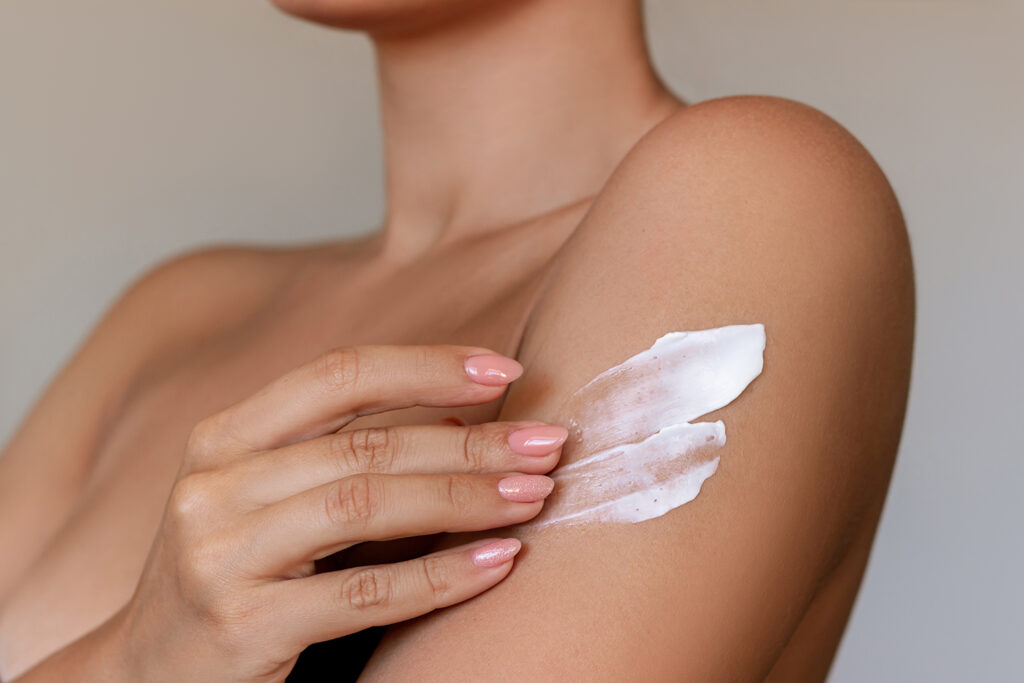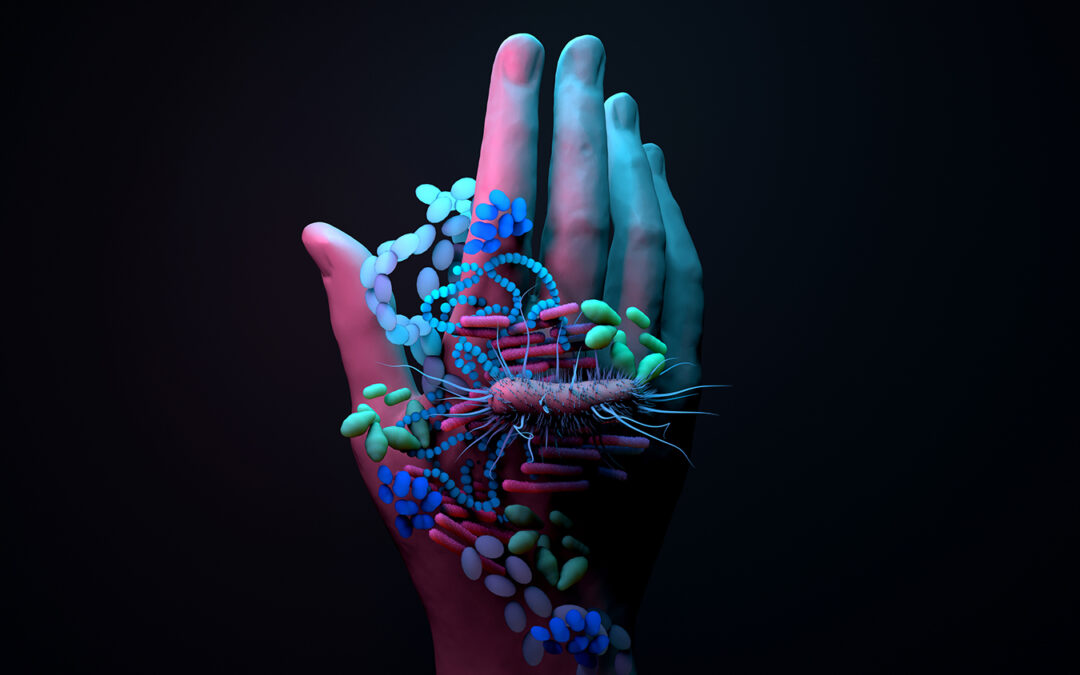When we think of our skin, we often focus on its outer appearance and its role in protecting our bodies. However, beneath the surface lies a hidden ecosystem teeming with microorganisms known as the skin microbiome. In recent years, scientists have started to unravel the mysteries of this secret world and its profound impact on our skin health and overall well-being.
The Skin Microbiome: A Diverse Community
The skin microbiome refers to the complex ecosystem of microorganisms that live on our skin’s surface. These microorganisms include bacteria, fungi, viruses, and mites. Our skin hosts trillions of these microbes, forming a diverse and dynamic community that varies from person to person and even across different areas of the body.
Why We Need to Maintain a Balanced Skin Microbiome
A healthy skin microbiome is characterized by a delicate balance of beneficial microorganisms. These microbes play a crucial role in maintaining the skin’s natural barrier function, regulating inflammation, and protecting against harmful pathogens. Disruptions to this balance, such as excessive cleansing, the use of harsh products, or antibiotic treatments, can disrupt the microbiome and lead to various skin issues.
Skin Conditions and the Microbiome
Research has linked imbalances in the skin microbiome to a range of skin conditions. For example, conditions like acne, eczema, psoriasis, and rosacea have been associated with alterations in the microbial composition on the skin. Restoring and maintaining a healthy microbiome may offer new avenues for managing these conditions. Probiotic skincare products, which contain beneficial bacteria, are being explored as a potential treatment option to promote a balanced microbiome.
External Factors Affecting the Microbiome
Various external factors can influence the composition and diversity of the skin microbiome. Environmental exposures, such as pollution and UV radiation, can impact microbial communities, potentially exacerbating skin issues. Additionally, lifestyle factors like diet, stress, and hygiene practices can also affect the microbiome. Adopting a holistic approach to skincare that considers these factors can contribute to a healthier and more resilient skin microbiome.

Cropped shot of a young tanned woman moisturizing her shoulder with her hand using a cream isolated on a gray background. Skin care. A white thick smear of cream on the female body
Nurturing the Skin Microbiome
Maintaining a balanced skin microbiome requires a mindful approach to skincare. Gentle cleansing practices that preserve the skin’s natural moisture and pH balance are essential. Harsh soaps and cleansers can disrupt the microbiome and strip away beneficial microorganisms. Incorporating prebiotic and probiotic skincare products can help nourish and support the growth of beneficial microbes on the skin.
Future Implications and Research
The study of the skin microbiome is still in its early stages, and ongoing research continues to uncover new insights. Scientists are exploring the potential therapeutic applications of manipulating the microbiome to treat various skin conditions. Personalized skincare approaches that take into account an individual’s unique microbiome composition may become a reality in the future.
We Love the Science of Skin
The skin microbiome is a hidden world of microorganisms that plays a vital role in maintaining skin health. Understanding and nurturing this complex ecosystem can have profound implications for skincare and overall well-being. As we continue to uncover the secrets of the skin microbiome, embracing a gentle and microbiome-friendly approach to skincare can help promote a balanced and thriving ecosystem on our epidermis.
–
White Rock Dermatology is the only private dermatology practice located in the heart of White Rock Lake community in East Dallas Texas. Dr. Beth Dolan and Dr. Christy Riddle bring years of general dermatology experience to their practice as well as an expertise in cosmetic dermatology, medical dermatology, pediatric dermatology, and surgical dermatology. The experienced doctors and staff provide extraordinary care, a personal focus, and individualized attention that ensures a high-quality patient experience each and every visit.


Recent Comments